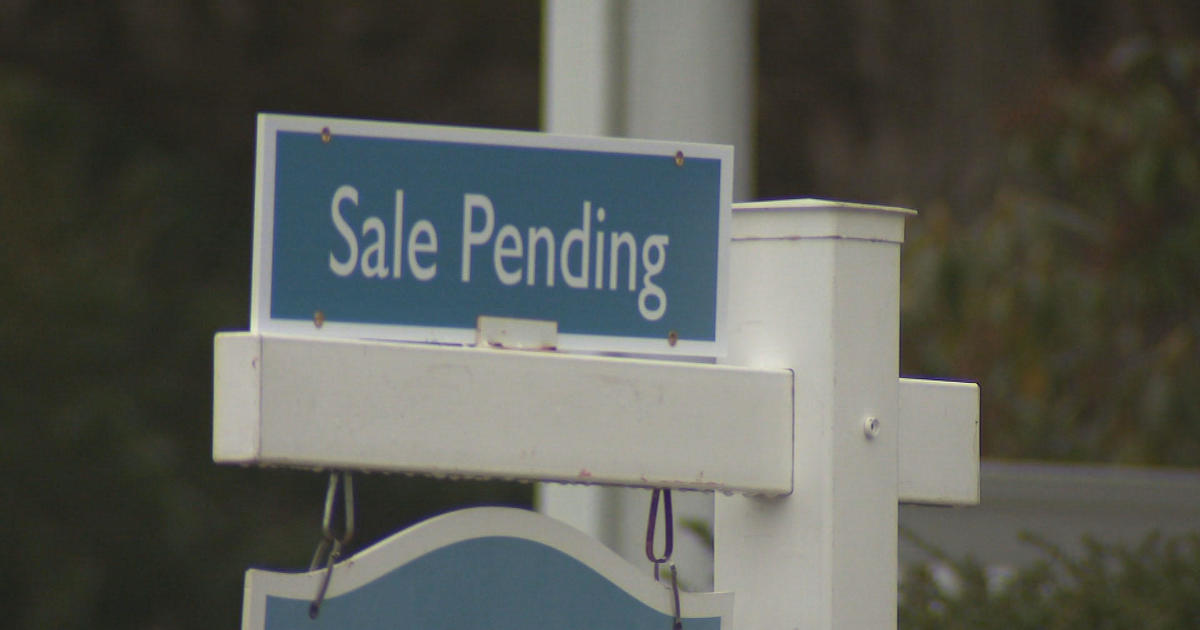Fed raises interest rate 0.25 percentage point, but could be ready to pause
The Federal Reserve raised its key interest rate another quarter of a percentage point on Wednesday in its ongoing bid to crush inflation, but indicated it could pause the increases to assess the impact of monetary tightening on the U.S. economy.
The Fed's rate-setting body said it would raise its benchmark rate to a range between 5% and 5.25%, the highest level since 2007. The increase is the 10th straight interest-rate hike since last March in what has been the most aggressive rate-hiking regime since the 1980s.
Higher interest rates act on inflation by making it more expensive for businesses and consumers to borrow money, slowing economic activity. Many economists have been calling on the Fed to pause its current rate-hiking regime to avoid pushing the economy into a recession and, more recently, raising pressure on the banking sector.
In its statement issued Wednesday, the Federal Open Markets Committee signaled this could be the last increase, deleting a reference to "future increases" that appeared in prior statements and noting that "Tighter credit conditions for households and businesses are likely to weigh on economic activity, hiring and inflation."
"The Fed is no longer flagging that further hikes should clearly be expected, but this falls short of a strong commitment to 'pause' on rate hikes," Brian Coulton, chief economist at Fitch, said in a note. "They are still talking about how they will determine the 'extent' of additional policy firming — not whether additional tightening is needed or not. The ongoing tightening of credit conditions is recognized, but they have still raised rates today and have left the window open for future hikes."
Fed Chair Jerome Powell emphasized the Fed remains committed to lowering inflation from the current annual rate of 5% to the bank's target of 2%, warning not to expect interest rate cuts anytime soon.
"Inflation is going to come down not so quickly. It will take some time," he said. "And in that world, if that forecast is broadly right, it would not be appropriate to cut rates."
Banking sector "sound and resilient"
The failure of First Republic Bank over the weekend and the acquisition of its assets by JPMorgan Chase sent tremors through the financial markets, marking the third bank failure since March and the second-largest in U.S. history.
Fed Chair Jerome Powell sought to calm concerns about the financial sector in a news conference on Wednesday, telling reporters that conditions have improved since Silicon Valley Bank was seized by regulators on March 10 and that the banking industry "is sound and resilient."
Still, banks will likely be more hesitant to lend in wake of the turmoil, further slowing the economy and muting inflation pressures, he said.
"The strains that emerged in the banking sector in March result in tighter conditions. These tighter credit conditions are likely to weigh on economic activity, hiring and inflation," Powell said. "In light of these uncertain headwinds, along with monetary policy restraint we put in place, our future policy actions will depend on how events unfold."
He brushed off a question about whether JPMorgan's purchase of First Republic poses a threat by making the nation's largest bank even bigger.
"I think it's probably good policy that we don't want the largest banks doing big acquisitions. That's the policy. But this is an exception for a failing bank, and I think it is a good outcome for the banking system," he said, adding that the law requires regulators to sell failing banks in a way that is least costly to the financial system.



